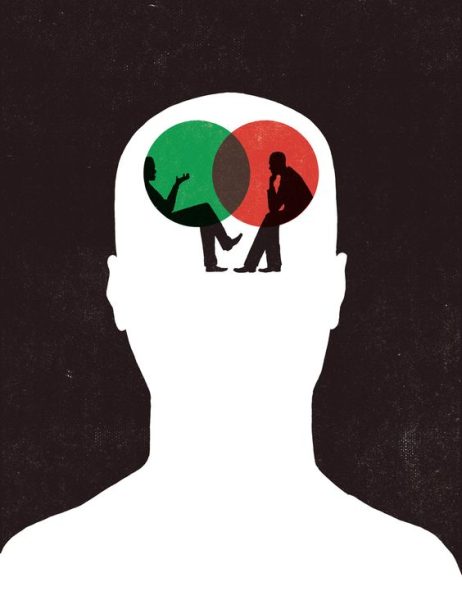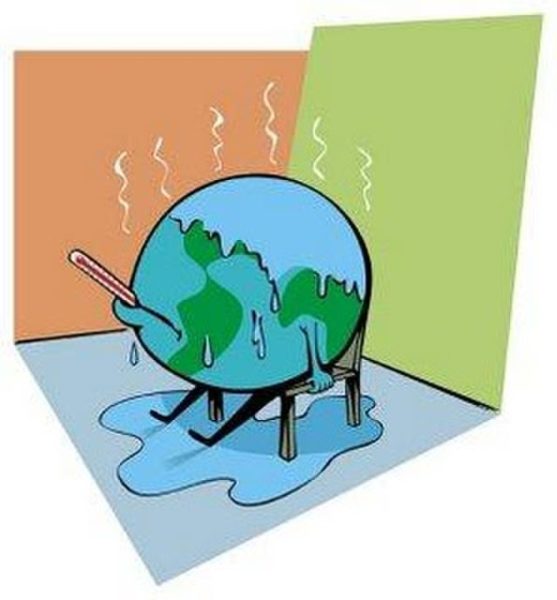There is no war on Christmas

December 14, 2022
Every year when the holiday season comes around, I prepare myself for the constant and pointless discussion of “the war on Christmas.” If you are unaware, the “war on Christmas” is a phrase commonly used to describe the use of “happy holidays,” as well as corporate celebrations that are not explicitly Christmas-centric. Some people believe that more general holiday terms and marketing are an insult to Christmas, and the Christian religion as a whole.
While the “happy holidays” debate has flared up in the last decade or so, notably due to Starbucks campaigns and political speeches, it is not a new discussion. One of the first notable mentions of anti-Christmas sentiment in America came from famous entrepreneur and noted anti-Semite Henry Ford, when he said in a popular anti-Semitic magazine, “Last Christmas most people had a hard time finding Christmas cards that indicated in any way that Christmas commemorated Someone’s Birth.”
In recent years, however, the “war on Christmas” has been cited as less religious and more political. With notable conservatives such as Bill O’Reilly speaking about “liberal antagonism” toward Christmas, the holiday season has become an ideologically divisive issue.
So, what exactly is the issue here? Some argue that using more inclusive language, like “holiday” or “winter” in place of Christmas is part of a broader issue: Christian censorship and persecution. I, personally, do not believe this to be true. After all, many religious holidays are celebrated in the month of December, including Hanukkah, Kwanzaa, Bodhi Day, the Winter Solstice, and more. With so many winter-themed holidays, many of them centered around gifts and family, why not acknowledge a multitude of them?
The issue some have is not the inclusion of other religions, but the “erasure” of Christianity. America was founded on the principles of Christianity, but it also encourages religious freedom. Other people’s beliefs should be acknowledged and respected, without assuming any superiority. This is exactly what “happy holidays” sets out to do.
In my opinion, the “war on Christmas” does not exist. It is just manufactured outrage playing into identity politics; a problem we see on both sides of the political spectrum today. “Happy holidays” is just a way to acknowledge and include others. But frankly, I do not think it matters.











